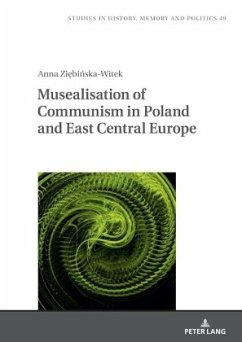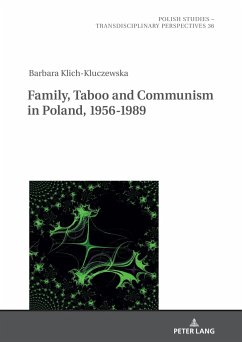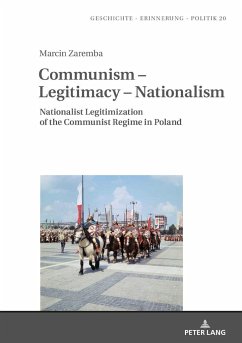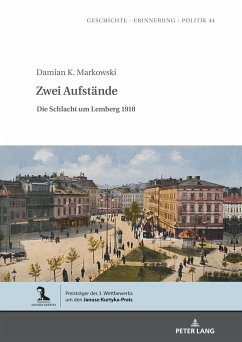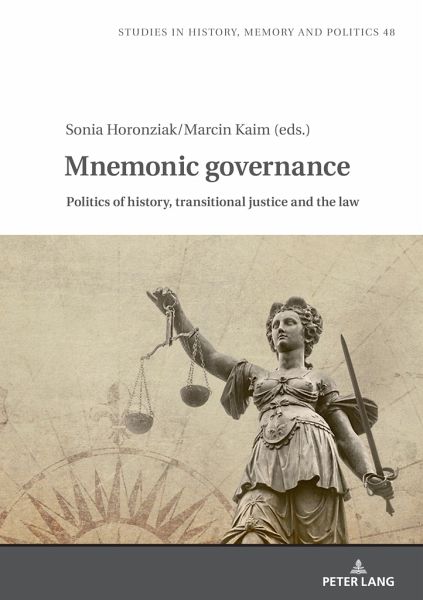
Mnemonic Governance
Politics of History, Transitional Justice and the Law
Herausgegeben: Klich-Kluczewska, Barbara; Horonziak, Sonia; Kaim, Marcin
Versandkostenfrei!
Versandfertig in 6-10 Tagen
59,95 €
inkl. MwSt.

PAYBACK Punkte
0 °P sammeln!
The publication is a collection of research articles that provide an insight to mnemonic governance - a process of shaping the shared social imaginary of the past by legislators, courts, scholars and other actors. This phenomenon can be observed as an element of political discourse or as changes in law consolidating certain officially recognized states. The contributions in this volume offer a political, legal and historical analysis of transitional justice legislation, emerging memory laws, and the societal perception of the past. With this publication, we intend to contribute to the ongoing ...
The publication is a collection of research articles that provide an insight to mnemonic governance - a process of shaping the shared social imaginary of the past by legislators, courts, scholars and other actors. This phenomenon can be observed as an element of political discourse or as changes in law consolidating certain officially recognized states. The contributions in this volume offer a political, legal and historical analysis of transitional justice legislation, emerging memory laws, and the societal perception of the past. With this publication, we intend to contribute to the ongoing and changing debate surrounding memory politics and highlight the practical consequences of mnemonic governance.






